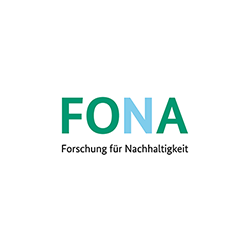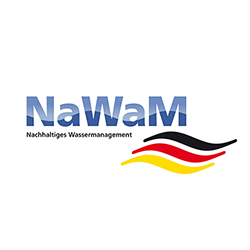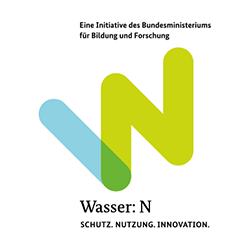Implementation of a hydroponic system as a sustainable innovation for resource-efficient agricultural water reuse
Background:
The forward-looking "HypoWave+" project builds on the results of the previous project. The focus is on scientific monitoring of implementation in Weißenberge near Gifhorn. The hydroponic vegetable production practiced there is supplied with irrigation water obtained in an environmentally friendly way through recycling. The water treatment is based on current scientific findings and uses state-of-the-art technologies. At the center of this is a new type of activated carbon biofilter. To enable fertilization in line with requirements, a nutrient management system is also implemented that is adapted to the needs of the plants and makes use of the nutrients present in the source water. The coordination between adapted, resource-oriented water treatment and plant production is carried out with the aid of artificial intelligence based on sensor technology and artificial neural networks.
The introduction of this new type of regional vegetable production is additionally supported by the development of a comprehensive quality management. Furthermore, the establishment of this new market segment in urban water management as well as vegetable production is accompanied by the involvement of local and regional stakeholders. A real laboratory will be used for this purpose.
Based on the work in the individual thematic areas and the support of the implementation in Gifhorn, HypoWave+ deals with the question of transferability for other locations.
Aims:
HypoWave+ aims at numerous innovations in the scientific-technical but also social field. These include the scientific monitoring of the testing of a hydroponic production of crops by means of water reuse under realistic socio-economic marketing conditions by a newly founded regional agricultural start-up. This is complemented by the extensive automation of the operational management of water treatment and water supply and delivery for the hydroponic system through the use of "artificial intelligence" and digitalization.
The chosen setting thus examines the testing of the implementation of the new European regulation on water reuse, particularly with regard to risk assessment, risk management and risk communication. At the same time, coordinated measures and objectives in quality assurance and quality management are to lead to a safeguarding and further improvement of the processes.



